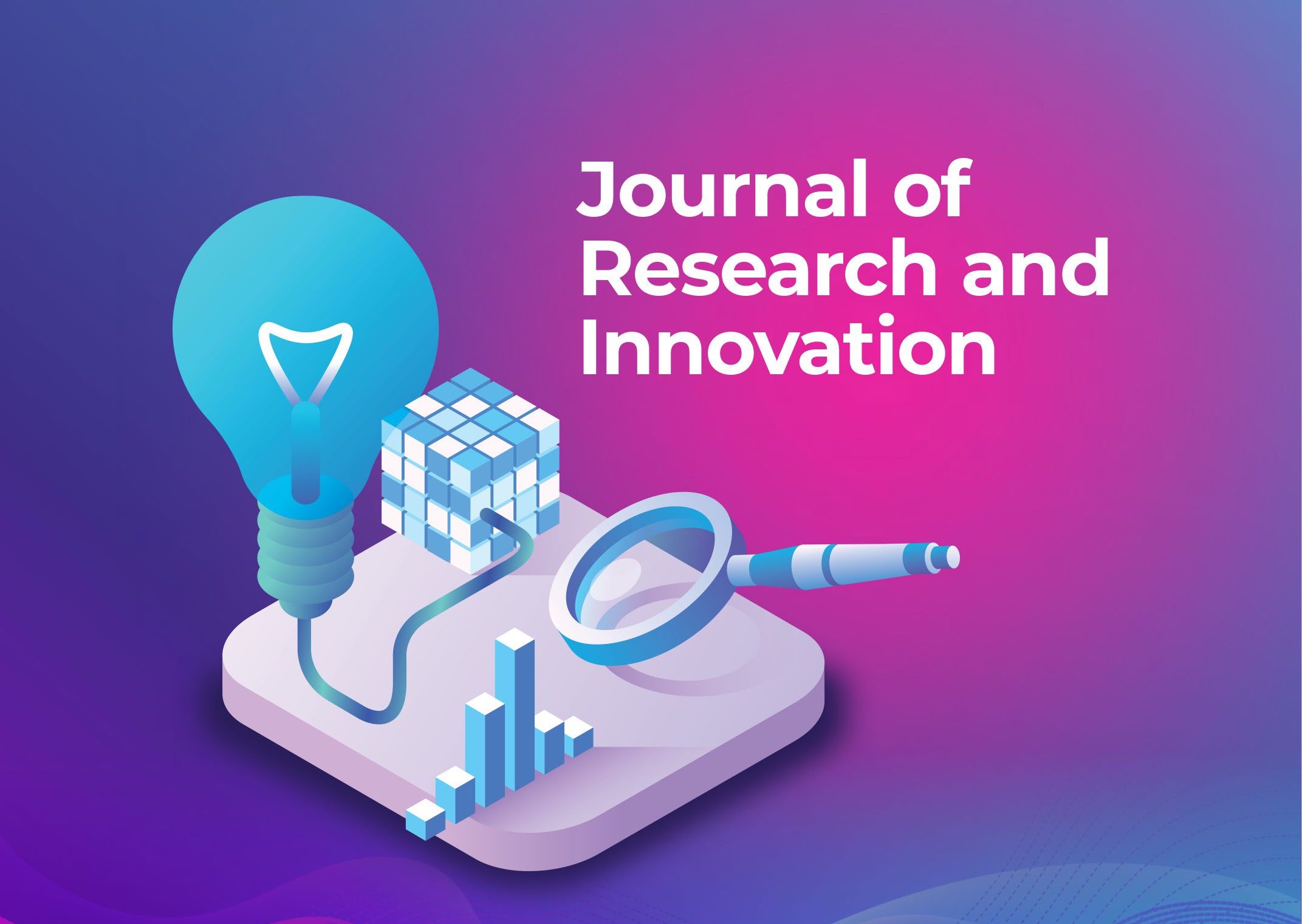Strategies For Managing Disruptive Behaviours Among Public Secondary Schools’ Students in Classrooms in Kogi East Education Zone Nigeria
(1) Federal University Oye-Ekiti
(2) Prince Abubakar Audu University
(3) Prince Abubakar Audu University
(4) Kogi State College Education
(*) Corresponding Author
DOI: https://doi.org/10.59562/jorein.v1i2.50714
Abstract
The study investigated strategies for managing disruptive behaviours among public secondary school students in classrooms in Kogi East Education Zone. The purpose of the study was to find out the causative factors responsible for students’ classroom disruptive behaviours and strategies to be adopted by public secondary school teachers in the management of students’ classroom disruptive behaviours. Two research questions guided the study. A descriptive survey design was adopted. The population of the study consisted of 2434 teaching staff from 208 secondary schools in the Kogi East education zone. A sample of 400 teachers representing 16% was purposively selected for the study. The Disruptive Behaviour Management Questionnaire (DBMQ) was used as an instrument for data collection. Mean and standard deviation was used to answer the research questions that guided the study with a benchmark of 2.50 for acceptance and rejection. It was revealed from the analysis that (1) hereditary factors, visual disability, mental disability, excessive intelligent quotient in an individual student, exposure of students to the use of computers, television, radios, internet, mobile phones and frustration resulting from emotional to be the causative factors responsible for students’ classroom disruptive behaviours in Kogi East Education Zone. (2) Finding the cause, inducing the desirable behaviour, eliminating the undesired behaviour, systematic desensitization, ignoring strategy, dealing directly with persistent behaviours and monitoring techniques to be strategies for managing students’ disruptive behaviours in the classroom in Kogi East Education Zone. Some recommendations were also made.
Full Text:
PDFReferences
Akinboye, J. O. (2003). Creativity Innovation and Success. Ibadan: Sterling Hordon Publishers.
Akubue, A. (2007). Supervision of Instruction: A higher Degree Course .An Unpublished Lecture mimeograph Department of Educational Foundations, University of Nigeria, Nsukka
Akubue, A. U. (2004). The key to effective resources management: A look at the over looked.
Albert, L. (2003). Cooperative discipline (3rd ed.). Circle Pine: American Guidance Service.
Ali, A. (2006). Fundamental of research method in education. Awka: Meks Unique Publishers.
Bru, Edver. (2005). Factors associated with disruptive behaviour in the classroom. University of Stavanger, Norway Interdisciplinary education journal (INTEJ),4(2), 4-46.
Charles, C. M. (2004). Building classroom discipline (7th ed.). New York: Longman.
Chiaha, G.T.U. (2009). Transformational leadership Behaviours of Nigerian University Women Administrators, Nigeria: Journal of Educational Management 3(2), 1-7.
Chiaha, G.T.U. (2008). Lecture note on classroom management and school organization. Department of Educational Foundations, Faculty of Education, University of Nigeria, Nsukka.
College of San Mateo.(2013). Faculty handbook 2012-2013.San Mateo: College of San Mateo
Cruickshank, D. R., Jenkins, D. B., & Metcalf, K. K. (2009). The act of teaching. New York: McGraw-Hill.
Daniels, A. (2013). Dealing with disruptive student behavior. Retrieved from http://www.livestrong.com/article/147291-what-is-disruptive-behaviorin-the-classroom/
Emaikwu, S.O. (2013). Fundamentals of Educational Research Methods and Statistics. Deray Prints Ltd Kaduna.
Hendrick, J. (2001). The whole child (7th ed.). New Jersey: Prentice Hall.
Kogi State Ministry of Education (2018). Statistic data on number of available institutions in Kogi State, Lokoja. Lokoja: Ministry of Education Office
Marzano, R. J., Marzano, J. S., & Pickering, D. J. (2003) Classroom management that works: research-based strategies for every teacher. Alexandria: Association for Supervision & Curriculum Development.
Muhammed, Z.F. (2018). Managing disruptive behaviour in the class. Retrieved from https://www.researchgate.net/publication/330039674
Oboegbulem,A.I.&Onwurah,C.U.(2011).OrganisationandManagementofEducation,Nsukka:Great AD Express Publishers.
Richards, J. C. & Farrel, T. S. C. (2011). Practice teaching: a reflective approach. New York: Cambridge University Press.
Richards, J. C., & Renandya, W. A. (2002).Methodology in language teaching: an anthology of current practice. Cambridge: Cambridge University Press.
Rossouw, J.P. (2003). Learner discipline in South African public schools a qualitative study. Koers.68(4):413-435. Available: S A e-Publication Journal Collection [2015, January 27]
Salami, S. S. (2013). Kogi State Year Book on Education: Your Handy Compendium, Lokoja. Ehoni Printing Press.
Shaibu, L. & Ejeh, P.O. (2017). Classroom management and school organization in Nigeria. Ankpa: Roma Printing Press
Shaibu, L. (2018). Lecture note on special education. Department of Educational Foundations, Faculty of Education, Anambra State University, Uli.
Siti, K. (2017). Managing disruptive behaviour of students in language classroom, Englisia Vol. 4, No. 2, 79-89
The University of Washington. (2017). Disruptive behavior in the classroom. Retrieved from http://dsl.uw.edu/faculty/disruptive-behavior-in-theclassroom/
The University of Washington.(2017). Disruptive behavior in the classroom. Retrieved from http://dsl.uw.edu/faculty/disruptive-behavior-in-theclassroom/
Tomorrow's Teaching and Learning.SCH. (2017). Dealing with disruptive student behaviour. Retrieved from https://tomprof.stanford.edu/posting/1353.
Article Metrics
Abstract view : 61 times | PDF view : 11 timesRefbacks
- There are currently no refbacks.
Published by:
Center of Research and Innovation Strengthen LP2M UNM
 Email: [email protected]
Email: [email protected]
Indexed by:
Address: LP2M Universitas Negeri Makassar Office, Menara Building 10th Floor, UNM Gunung Sari Campus, Pettarani Street, Makassar, South Sulawesi, Indonesia
TJournal of Reserach and Innovation (Jorein) is licensed under a Creative Commons Attribution-NonCommercial 4.0 International License




